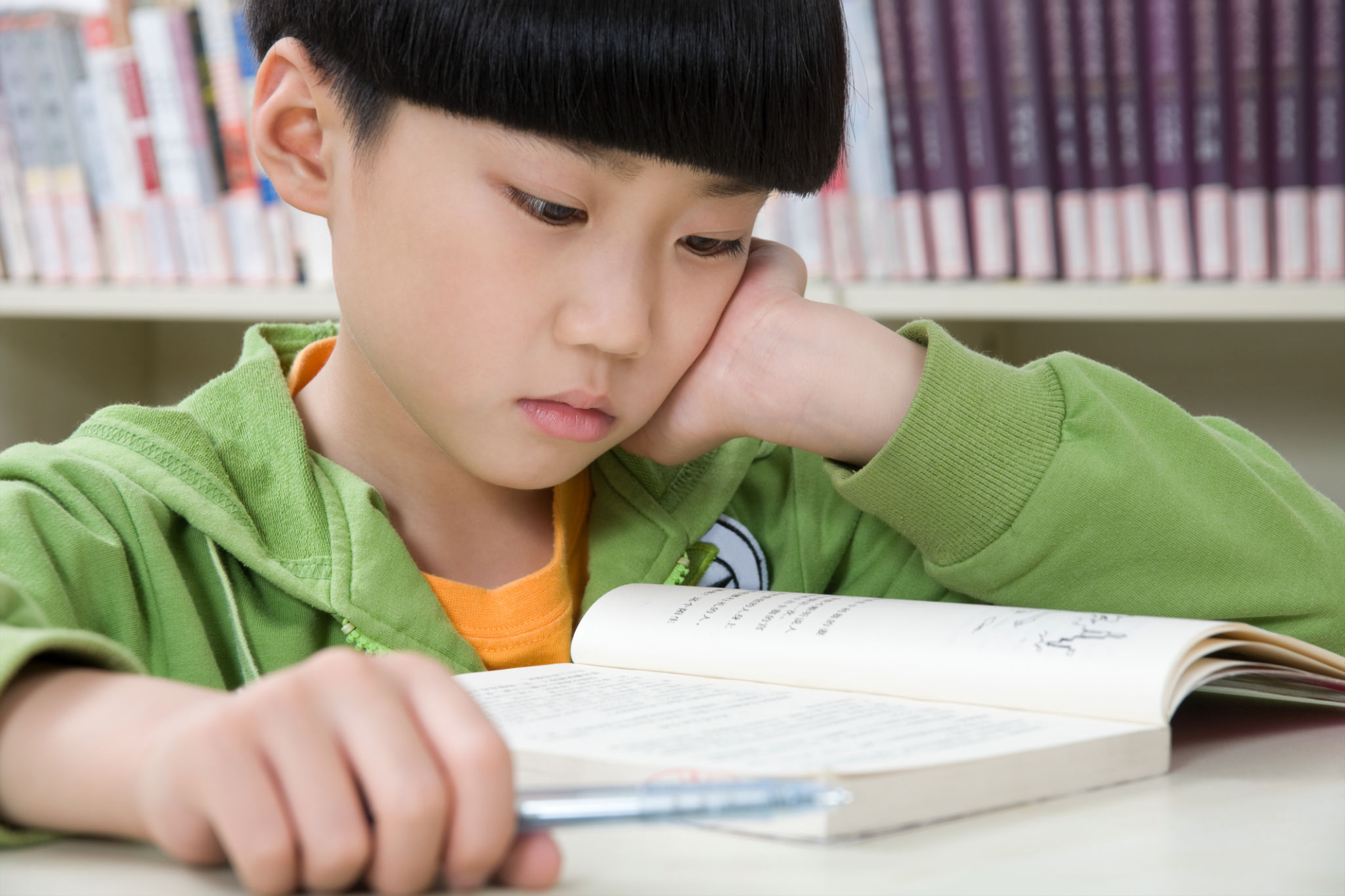Exploring Different Types of Literacy
JT
Different Types of Literacy
Literacy extends beyond reading and writing, encompassing various forms such as digital literacy (navigating online platforms), media literacy (analyzing media content), financial literacy (managing personal finances), and cultural literacy (understanding diverse cultural contexts), all of which enable effective communication and informed decision-making in today's world.
Understanding Traditional Literacy
When we talk about literacy, most people think of the traditional ability to read and write. This foundational skill is crucial for effective communication and accessing information. Traditional literacy lays the groundwork for all other forms of literacy, as it enables individuals to understand written content and express their thoughts clearly.
Reading and writing are not only essential for personal development but also for participating in society. From reading street signs to filling out job applications, traditional literacy impacts nearly every aspect of daily life. Enhancing these skills can unlock numerous opportunities for advancement, both personally and professionally.

Digital Literacy in the Modern Era
As technology continues to evolve, digital literacy has become increasingly important. This type of literacy encompasses the ability to effectively use digital devices, communicate online, and navigate the internet safely. In today's world, being digitally literate means more than just knowing how to use a computer; it involves understanding digital etiquette, privacy concerns, and cybersecurity.
Digital literacy is critical for both professional success and personal safety. With more businesses and services moving online, individuals who are digitally literate can better access information, manage online transactions, and engage with digital communities.
Media Literacy and Critical Thinking
Media literacy involves the ability to critically evaluate different forms of media, such as television, newspapers, and social media platforms. In an age where information is abundant, media literacy helps individuals discern credible sources from misinformation. It encourages critical thinking and informed decision-making.
By developing media literacy skills, people can better understand the impact of media on society and make informed choices about the content they consume. This is particularly important in a world where information can be easily manipulated or misrepresented.
Financial Literacy for Everyday Life
Financial literacy is the ability to understand and manage personal finances effectively. This includes skills such as budgeting, saving, investing, and understanding credit. Financial literacy is essential for making sound financial decisions that can lead to long-term stability and security.
Many people struggle with financial management due to a lack of education in this area. By improving financial literacy, individuals can gain confidence in handling their finances, avoid debt, and plan for the future.

Cultural Literacy and Global Awareness
Cultural literacy involves understanding and appreciating different cultures and their contributions to society. In a globalized world, cultural literacy fosters empathy, tolerance, and effective communication across cultural boundaries.
By being culturally literate, individuals can engage more meaningfully in diverse environments, whether in their local communities or international settings. This awareness enriches personal relationships and professional interactions by promoting inclusivity and mutual respect.
Developing Multiple Literacies
While each type of literacy serves a specific purpose, developing multiple literacies can enhance personal growth and societal participation. By becoming proficient in various literacies, individuals can navigate complex environments more effectively and contribute positively to their communities.
Educational institutions and organizations play a crucial role in promoting literacy across different domains. Through comprehensive programs and resources, they can help individuals build the skills necessary to thrive in an ever-changing world.

